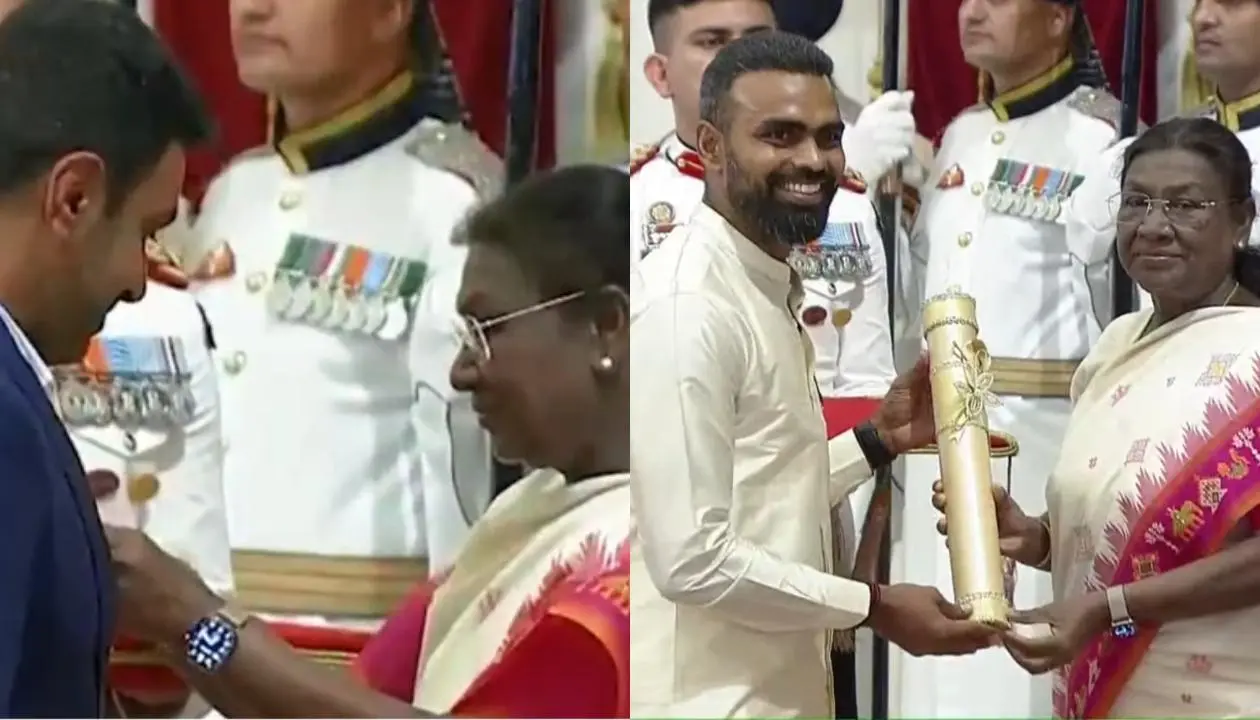In a bid to harness India’s vast marine wealth sustainably, the ICAR-Central Marine Fisheries Research Institute (CMFRI) has put forth a comprehensive set of policy recommendations, advocating the introduction of central legislation – the Marine Fishery Act.The proposed act aims to regulate fishing activities beyond territorial waters, addressing existing policy and legislative gaps and establishing a framework for sustainable practices.
Dr A Gopalakrishnan, Director of CMFRI, presented these proposals during a high-level national workshop organized by NITI Aayog at CMFRI on Friday.”The government has to institutionalise a regular mechanism for the stock assessment of these resources, as resource health status is going to be crucial in WTO subsidy negotiations and other national and international discourse”, Dr Gopalakrishnan said.
The recommendations delve into crucial aspects of marine fisheries management, emphasizing the need for a strategic approach to leverage India’s marine resources.The proposed Marine Fishery Act is deemed essential to fill the regulatory void in fishing activities beyond territorial waters. By providing a legal framework, the act aims to guide and monitor fishing practices, ensuring sustainability and environmental responsibility.
CMFRI stressed the importance of institutionalizing regular stock assessments for marine fishery resources. Dr Gopalakrishnan highlighted that the health status of these resources would be critical in various international forums, including WTO subsidy negotiations.”Private investments must be made competitive and subject to regulations to safeguard the livelihoods of small-scale fishers and entrepreneurs in the post-harvest sector”, said Dr Gopalkrishnan.
Establishing a systematic mechanism for stock assessment becomes imperative to meet these global standards.Addressing the ongoing debate on the certification of Indian marine fisheries, CMFRI proposed a national guideline on the eco-labelling of marine fishery resources. The institute emphasized the need to regulate private investments, making them competitive while safeguarding the livelihoods of small-scale fishers and entrepreneurs in the post-harvest sector.
The policy recommendations include streamlining open sea mariculture activities with a focus on sustainability and equity. CMFRI advocates determining ownership and operatorship formats that prioritize these principles for scaling up mariculture endeavours.Implementation of AI-mediated automated mechanisms for landing estimation, tracking of fishing vessels through Vessel Monitoring Systems (VMS), and analytics of sub-stock-level information is part of the proposals.
“Greater attention needs to be given to island ecosystems and planned expansion of the fishery and value chain development, along with management of the live bait fishery of Lakshadweep”, Dr Gopalakrishnan said.These technological interventions aim to enhance efficiency and transparency in fisheries management.CMFRI stressed the need for focused research and exploration projects to assess and characterize deep-sea and non-conventional fishery resources.
An institutional mechanism for overseeing deep-sea fishing was recommended, emphasizing economic viability and adherence to policy guidelines.Dr J K Jena, Deputy Director General of the Indian Council of Agricultural Research (ICAR) who moderated the discussion, said India needs to achieve sustainable production from coastal waters and enhanced production from offshore waters.”One of the approaches to intensify capture fish production is the exploitation of oceanic and deep-sear resources, which are yet to be tapped fully”, he added.
To protect the interests of fishers, the recommendations call for strengthening accident insurance, fishing vessel insurance, and coastal immovable asset insurance through technological and policy interventions.The ongoing artificial reef installation programs in coastal waters were also highlighted, urging their intensification with continuous impact assessment monitoring.
The proposals were presented in the presence of NITI Aayog member Ramesh Chand and key stakeholders, including policymakers, industry experts, and researchers from central and state governments.The workshop served as a platform for robust discussions on shaping India’s marine fisheries policies for sustainable growth.























